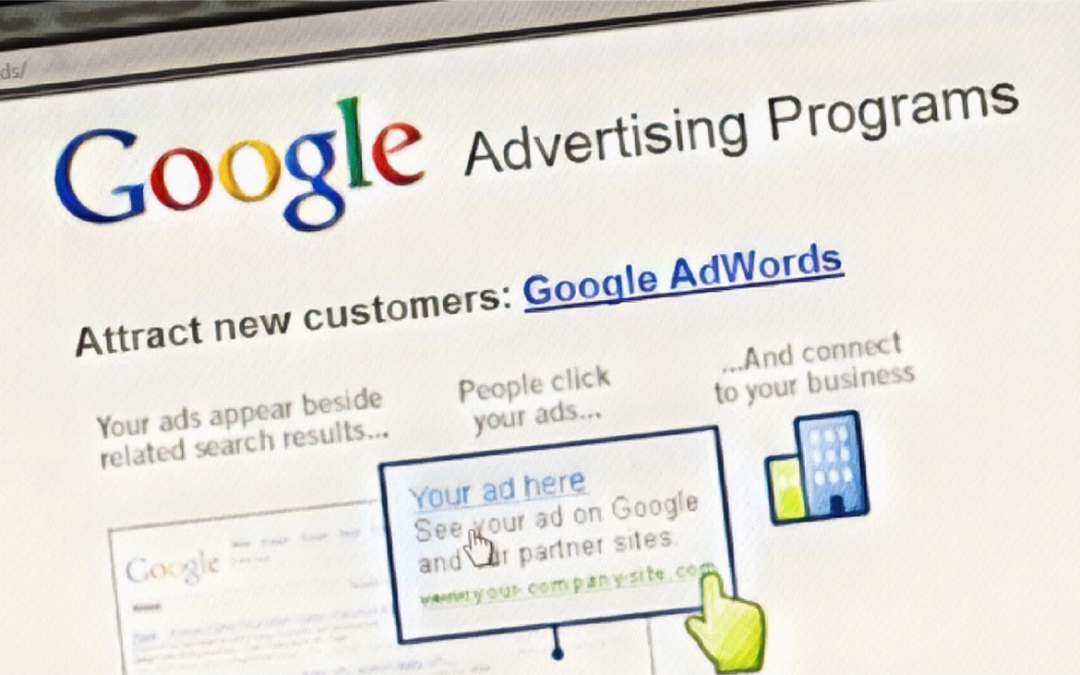In July 2016 Google announced a policy change around payday loans and banned ads for financial solutions and various kinds of online loans.
While this total ban may weed out some predatory payday loans or those with extremely high APRs, NAFSA believes that this ban prevents customers from finding true online lenders, especially those owned by our tribal nations.
In conducting our own research, we found that there are many fake and untrustworthy website domains claiming to be owned by tribal nations, but are actually BOTs, SPAM, and websites that merely exist to steal sensitive financial and private information from unsuspecting people seeking help.
Our tribally-owned online lenders rely on ads to help guide people to our online-based products, and helping people find financial services that will work best for them. Our lead generators create these ads, which is a necessary component of our industry. These help people find a clear and safe path to identify our credible financial services.
Instead, what Google has done has cleared a path for deceptive digital pickpockets and scammers. When one of these websites is shut down, scammers simply open another, and Google is taking no preventative measures to root them out. Predatory scammers create websites that look identical or mirror tribally owned online lending services and consumers have no way of telling the difference. Our lead generators and tribally owned online lenders rely on these Google ads to help sort out deception.
The Google ban has created yet another unnecessary hurdle for tribal nations who want to enter the e-commerce and fintech space and provide financial products to underserved consumers and build an economy for their communities. NAFSA does not agree with this Google ban, and we are working with other organizations so that our voices are more clearly heard in order to fight this counter intuitive measure that has been deployed by Google.


